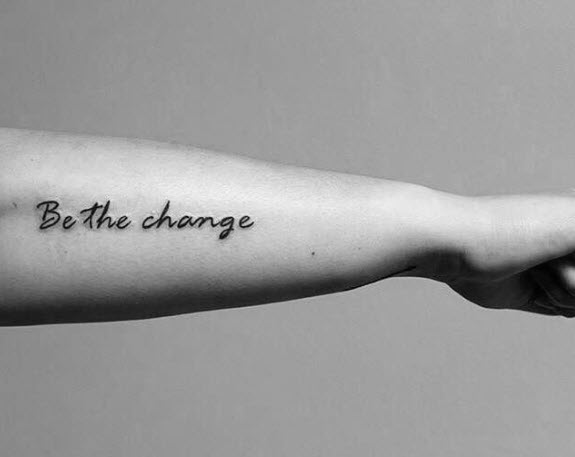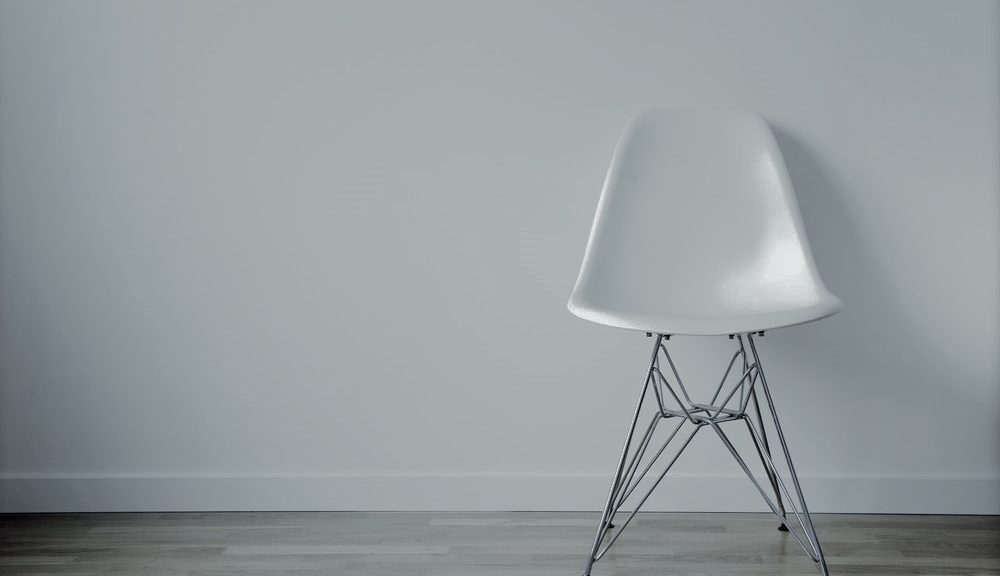The best marriage advice that I have received recently was this – emptiness.
I know; bear with me. I too sat skeptically back with arms folded when the speakers at the marriage simulcast flashed this word on the screen.
I was imagining an existential state of emptiness where nothing matters. But in this state of emptiness, things matter. People matter.
The speakers (Les & Leslie Parrott) are a married couple who explained that the way to move our marriages towards deeper intimacy is to empty ourselves of the need to change our spouse.
Achieving this emptiness is not easy, because most of us possess some innate drive to bend others’ wills towards our own. I want things done a certain way – my way.
If you don’t drive like me, you are an idiot.
If you don’t vote like me, you clearly don’t understand how the world works.
If you root for that team up north, something is fundamentally flawed in your DNA.
While none of these things are true it is easy, in my pridefulness, to believe them. I do the same thing in my marriage.
I just know there is a ‘best way’ to do most things around our house. In fact, I wrongly assume that I know the best way to do most things, period. When I cling too tightly to my certainty and to my rightness, it leaves a lot of room for those around me to be wrong, especially those who live in my house.
I think the speakers were onto something with this idea of emptiness. In Buddhism, emptiness is a state for which one strives. They teach of emptying self of preconceived ideas to see the true nature of things and events.
Jesus also requires an emptiness of sorts. He called himself ‘living water,’ and in that time, water was transported in clay vessels. Man is referred to throughout the Bible as a vessel. If we are vessels, and He is living water, we must empty ourselves before we can invite Jesus in.
I don’t know about you, but I am most often filled to the brim with my own junk. I have poured myself full of pride, selfishness, busyness, stress, anxiety, anger and gallons of meaningless filler. I am so full of all those things that it sometimes spills onto those around me.
I pour out my pride on my wife and my anger on my kids. My life is saturated with self-induced stress.
The times in my life when I have experienced the most peace are when I dump these dregs down the drain. When I empty some of myself, I create room for grace, patience and understanding
My effort empty myself starts at 5:30 each morning. After brief physical exercise to wake myself up, I have a time of meditation and prayer. To be honest, even quieting myself for 5-10 minutes isn’t easy for me.
But I repeatedly pray a simple prayer – ‘Less of me. More of You.’
The days when I actually live into this mantra tend to be better days than those when I go around slopping myself on the world around me. Some days I just have to get out of the way.
Emptiness begets fullness.









